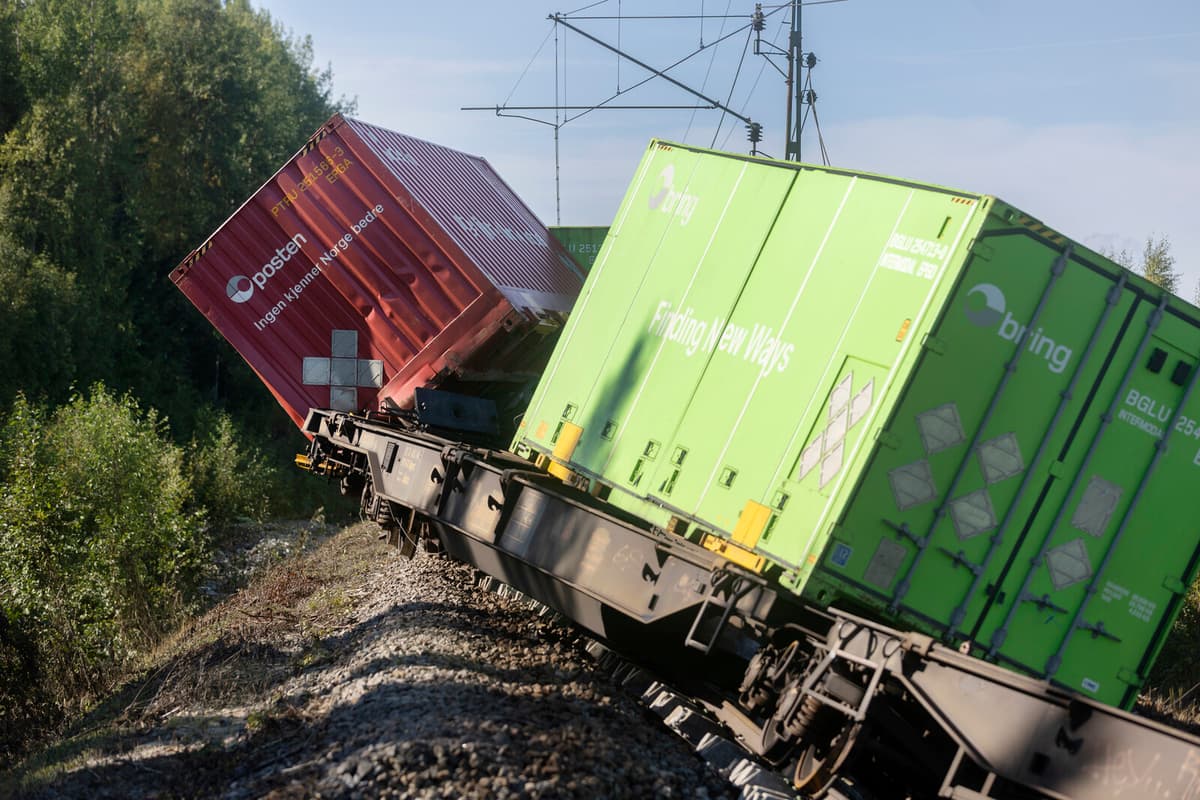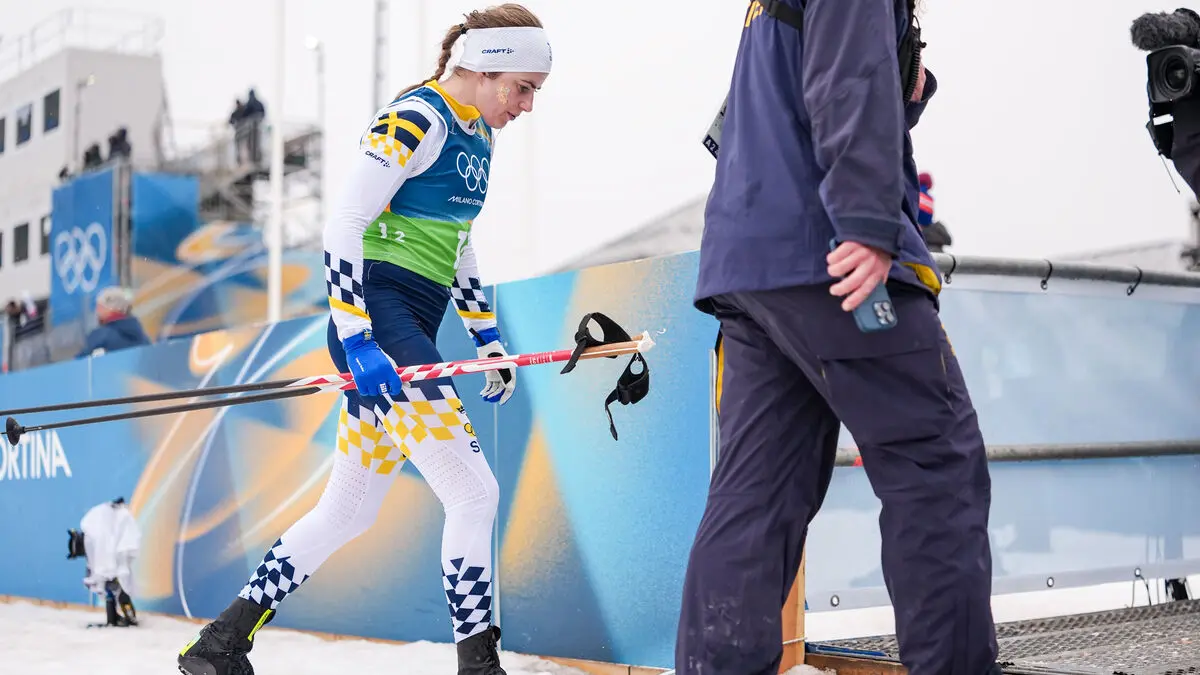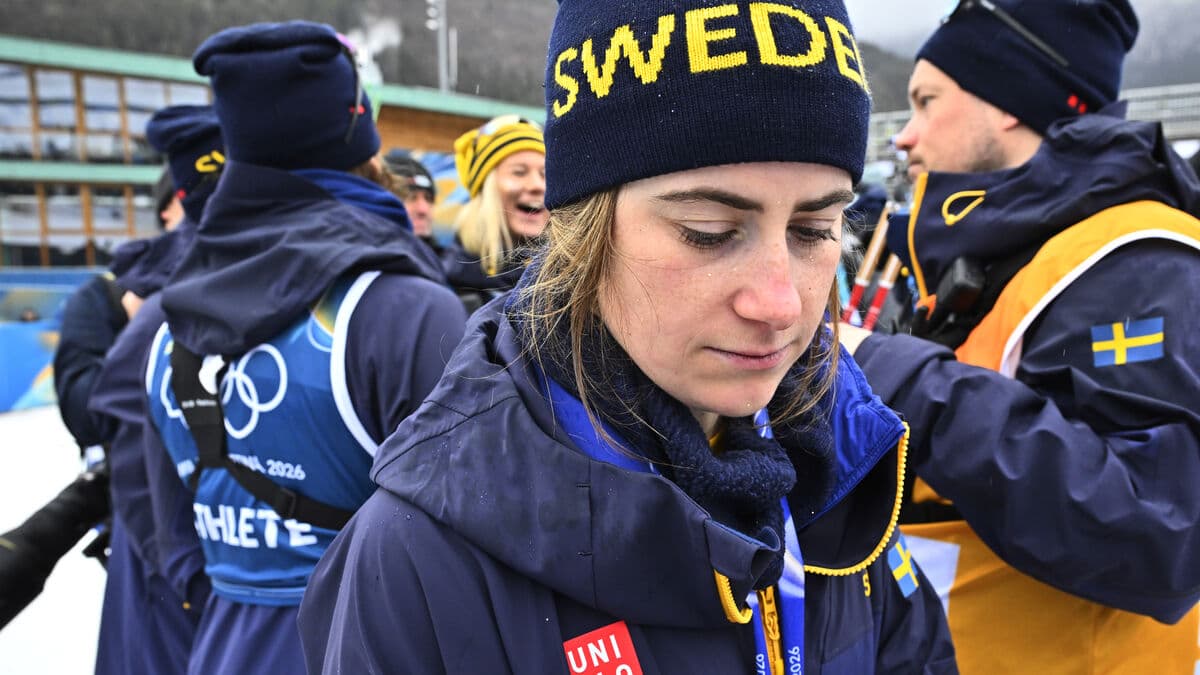It is just over two weeks since heavy rainfall hit Västernorrland and destroyed roads and railways. Floods on the Botniabanan and two derailed freight trains resulted in the train connections between northern and southern Sweden being virtually cut off.
This is in magnitude with the landslide on E6 outside Stenungsund, which cut off a main connection between Sweden and Norway, says Roberto Maiorana.
After a week, traffic on the Botniabanan could be resumed, with some restrictions, and the Swedish Transport Administration expects to open the Ådalsbanan on September 26 and the Main Line through upper Norrland on October 6. The opening of the Ådalsbanan has been brought forward a few days, compared to the previous forecast.
But it will be reduced traffic and therefore the most important transports must be prioritized.
Food and medicine
The Swedish Transport Administration has, together with MSB and the business community, developed principles for which trains should be given priority. Priority one is thus transports that can save lives and health. There is no concrete list of affected trains, but Roberto Maiorana exemplifies:
It could mean food and medicines. It can also be about equipment to hospitals and nursing homes.
The principle also states that transports that are necessary for the country's preparedness and important social functions should be prioritized, as well as economic values. This must be seen against the background that the industry is highly dependent on the railway, for the transport of, among other things, steel, metal and timber.
Weeks or months
When asked if there is a risk of congestion if the space on the railway is answered by Roberto Maiorana:
Yes, but it is our role to make a prioritization. The principles are based on seeing the seriousness of the situation, and we have had a very good dialogue with transporters and transport buyers.
How long it will take before traffic can go as normal, there is no answer to today, but it's about weeks or months. There is also no message about possible compensation to the companies that have to find other means of transport.
It may be a matter that one has to return to, but this is a situation I would like to compare with force majeure, says Roberto Maiorana.






